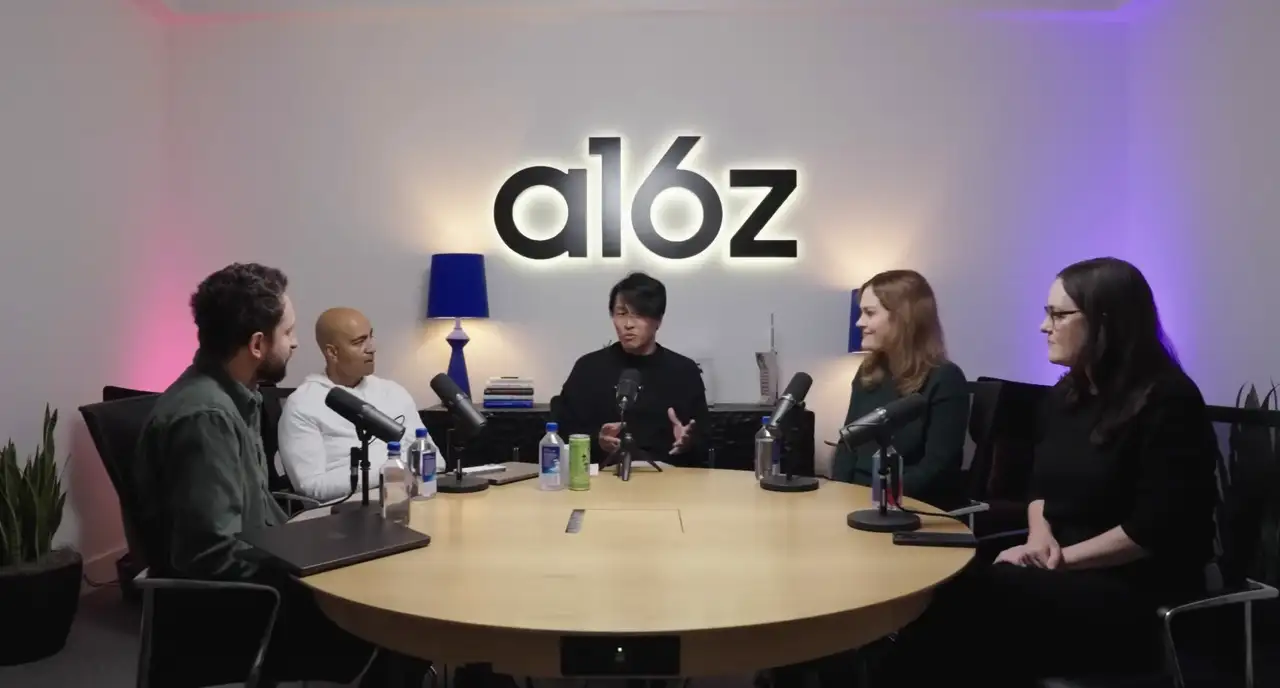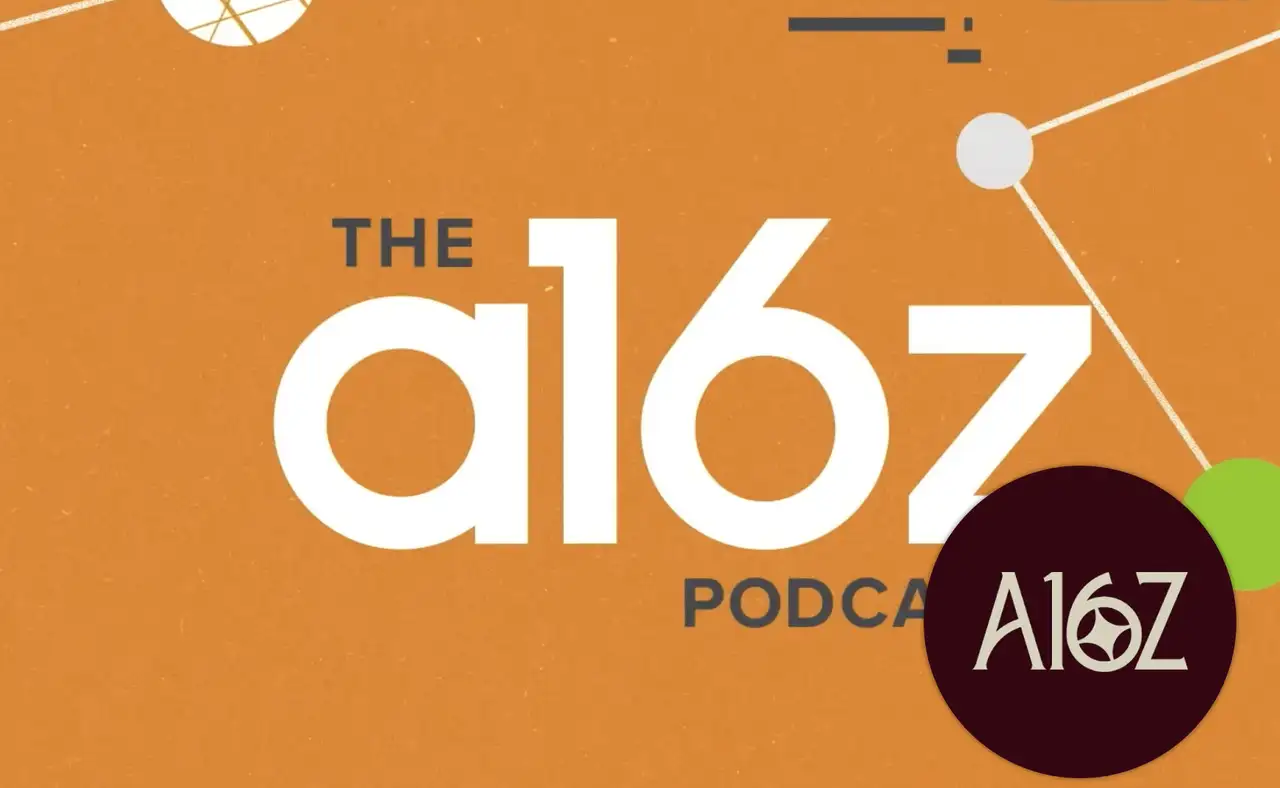AI, Identity, and the Illusion of Connection: Inside a16z’s Realist Debate

Vivi Carter · 22, July 2025

The New Social Shift: Expression, Replaced
For the last two decades, every breakout consumer product—Facebook, Instagram, TikTok—has also redefined how we socialize. At their core, these platforms empowered people to express themselves and connect.
But the rise of consumer AI is triggering a more radical shift: AI itself is becoming the voice, the presence, even the “person” in the room. Tools like ChatGPT, 11 Labs, Veo3, and Character.AI don’t just assist us—they mimic us, shape our digital persona, and in subtle ways, start to stand in for genuine human presence. Users are paying not just for utility, but for AI that “does it for you” or even “is you.”
This phenomenon raises deep questions: Is AI, for the first time, replacing social presence rather than just amplifying it? And as AI-generated avatars and messages become common, where is the line between real expression and mere simulation?
Why AI Social Products Struggle with “Real” Connection
AI Can Express—But Not Relate
The panelists at a16z (Justine Moore, Bryan Kim, Anish Acharya, Olivia Moore, hosted by Erik Torenberg) argue that, although AI can now generate flawless posts, images, and videos, something essential is missing: real emotional stakes.
- AI can produce “status updates”—but struggles to create the subtle tension, risk, and vulnerability that true connections require.
- We’re seeing a wave of AI-generated versions of ourselves on Instagram or Reddit, but it’s just repackaging old platforms—not building a truly new, AI-native network.
If AI can generate any version of you, does “you” even mean anything on these platforms?
Olivia Moore points out: When everything is Generated, there is no friction, no surprise, no failure. That means no genuine connection.
The Big Bets: Companionship, Not Community
Why AI Companions Are Booming
Early winners in AI consumer apps aren’t “social networks” in the traditional sense—they’re personalized companions. From therapy and friendship bots, to workplace “assistants” and virtual lovers, the market for “someone to talk to” is exploding.
- For some, AI bots are easier to confide in than friends.
- Apps like Replika and Character.AI are now among the most downloaded in lifestyle and social categories.
- Studies show some users see reduced anxiety and improved mood with an AI companion. (Source: Vox)
But this rise is double-edged: AI bots are always positive, always available, always agreeable—features that make them safe, but may also prevent users from learning the difficult, essential lessons of human interaction.
Anish Acharya suggests: “Real relationships come with friction and unpredictability. If AI is too ‘friendly,’ it risks making us less able to handle real-life challenges.”
Social Platforms: AI As “Persona,” Not “Identity”
AI-First Creation Isn’t a New Community
Why haven’t we seen an AI-native social network take off? Because, the panel says, today’s AI products are still tools for personalization—they generate your perfect selfie, your ideal love letter, your wildest imagination. But they aren’t driven by true mutual engagement or shared history.
Bryan Kim adds: “All the big social shifts—status updates, photo feeds, stories, videos—were about sharing real moments, with all their messiness. AI can manufacture endless moments, but that’s not the same.”
The $200 Question: Why Are People Paying So Much?
One of the surprises in recent years: People are happy to pay $200/month for high-end AI subscriptions. Why?
- AI products can do tasks for you—making reports, generating videos, role-playing therapist or coach.
- Unlike previous subscription models, the “value per user” can grow as people rely on these products for more life- or work-critical needs.
- AI saves real time and mental labor (think “magic box” for creativity or chores).
This isn’t about gadgets. It’s about AI acting as a stand-in for the user—for better or worse.

The Future: Will Social Mean Anything in an AI World?
Two Possible Roads
- Personal AI will become an extension of “me”—helping me be more than I could be alone, but still rooted in my own values, needs, and quirks.
- Or, AI will replace the need for social risk, exposing us mostly to ourselves—a frictionless, self-referential system where drama, tension, and growth disappear.
The panel is skeptical that the second outcome is desirable. If AI can be your ideal audience, friend, critic, and lover—all “on demand”—do you have any reason to venture, risk, or bother building messy, difficult real relationships?
Justine Moore shares a Reddit story: An awkward college student used an AI girlfriend simulator to learn how to flirt and communicate. Eventually, he found a “3D girlfriend” and left the online community behind—AI as a real-life springboard, not a crutch. That’s the best-case scenario.
Beyond the Phone: Wearables, Always-On, and New Social Etiquette
What’s next for AI in the real world? Panelists see potential in always-on wearable devices—like AI-powered earbuds or badges that gather conversation context and offer real-time prompts, advice, or even reminders of etiquette.
- As with the early days of smartphones, expect a new etiquette: when and how it’s OK to record, prompt, or privately “AI-augment” your real-world interactions.
- Younger generations, the panel observes, are already adopting these norms at surprising speed.
Not Just a Tool—A New Self?
AI in consumer life is not about making you work faster or look cooler. It may be changing what “you” even means—blurring the line between person, persona, and product. That’s both exciting and unsettling.
For now, AI’s value lives in simulation—not true relation. But the border between those two is as thin, and as important, as ever.
Discussion inspired by the a16z panel “The State of Consumer Tech in the Age of AI.”
Relevant Resources
